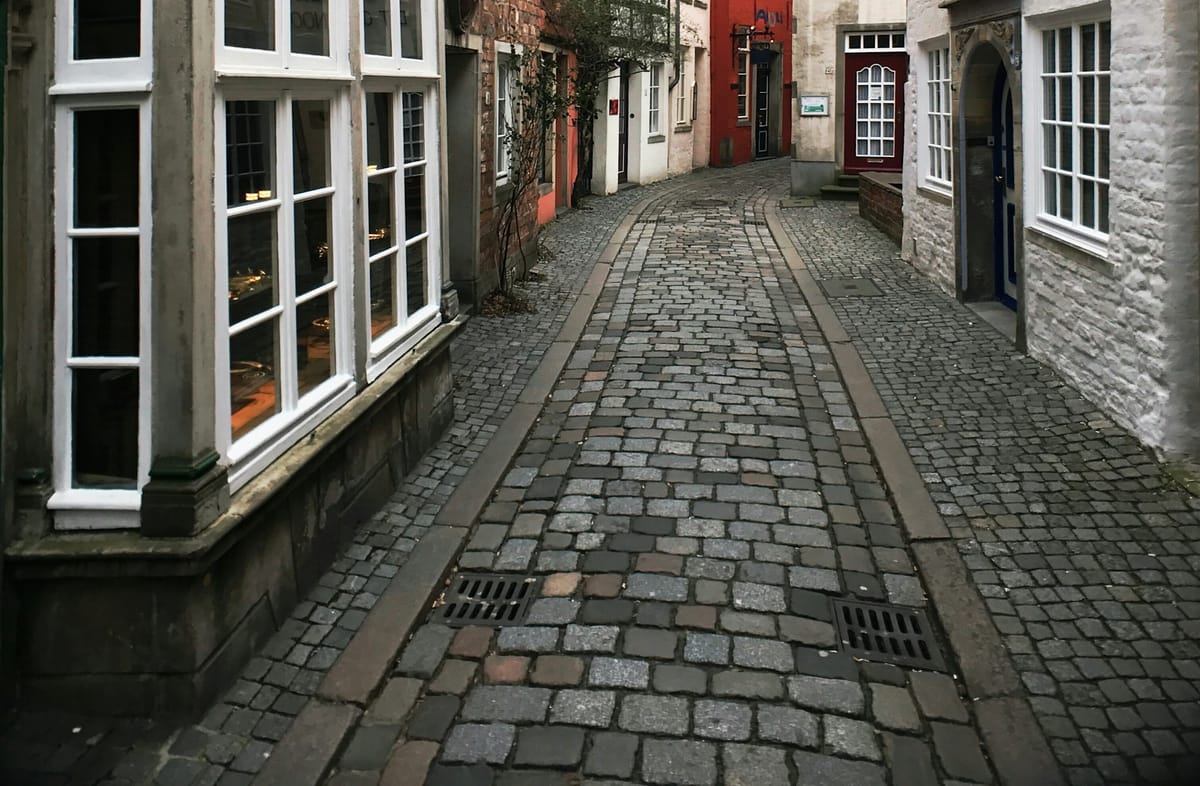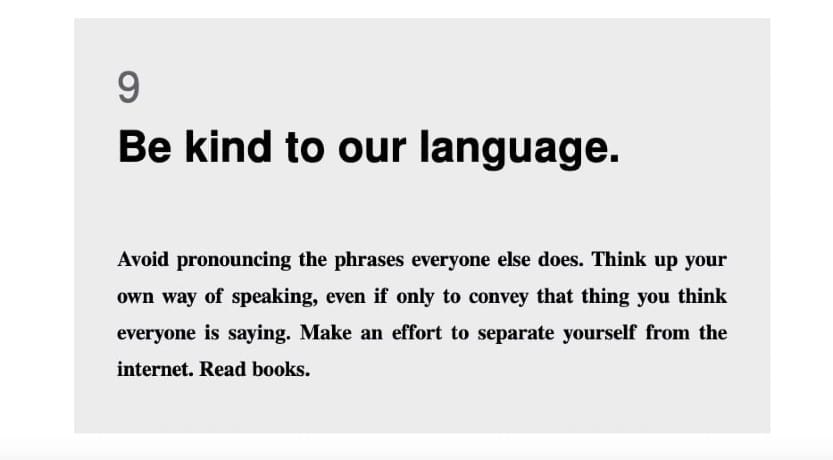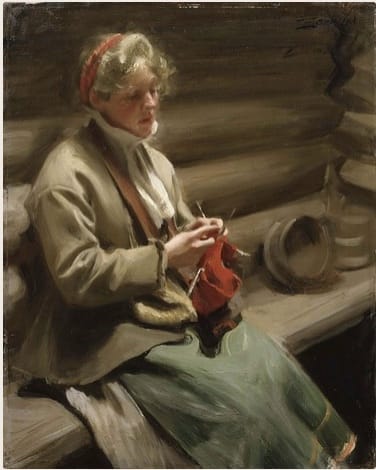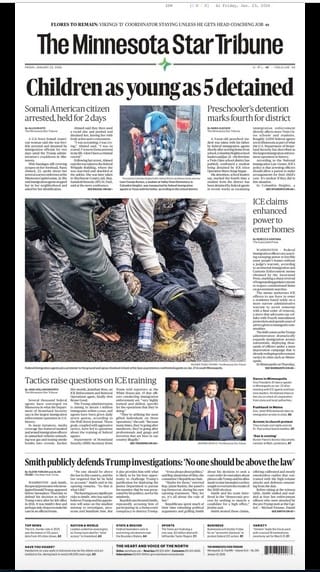Post #3: Unburial—Language, Memory, and Forceful Forgetting

We create routes and routines to enable ourselves to conduct our lives. These allow us to carry out mundane tasks on autopilot. They also provide the necessary order undergirding the selves and communities we are always in the act of constructing. These mental and physical maps can be disrupted by catastrophes, as in the case of the roadways obliterated and riverbeds moved by Hurricane Helene's floods in October, 2024. In the worldwide framework, climate change is wreaking this havoc across the maps of all lifeforms.
Many of us now also struggle to maintain our maps against a cannonade of disinformation and attempts to raze governmental structures and public institutions. Trying to preserve an illusion of life going on as usual, some will focus on blocking out—or even normalizing—the aberrant political events. They will regard them only in fragments, as meaningless to them as old pot shards, ready to be buried in the rubble.
Others, though, are working to piece together a larger sense of what is breaking and how they might act to stop or slow the wrecking, to organize efforts to repair. If you are reading this, you probably belong in the second group. A big part of that group's work involves seeing frameworks, a work aided by looking at history.
"History does not repeat, but it does instruct," asserts Timothy Snyder, in On Tyranny: Twenty Lessons from the Twentieth Century.
Much is forgotten, even in a generation. Some of it is buried under layers of ongoing trauma and displacement, some under the stress of work and survival demands, some under the fluff of entertainment and media distractions.
Then there is the forceful forgetting: the knowledge withheld and the deliberate burial of truth. When we don't know the history, we lose a lot of instructions. Such are the distractions of the moment, that we need frequent reminders of even what we do know. Authoritarian regimes want us in a state of amnesia, ready to follow their instructions.
This is why artist Gunter Demnig began creating the stolpersteine or stumbling stones. These are inscribed plaques on the stones of streets in front of residences. They bear the names and dates of the Jewish people who lived there and were killed in the Holocaust. Stumbling stones unbury. There are over 100,000 of them now.
Let's put our minds to creating more history/memory recovery strategies.
Clint Smith considers the stumbling stones here, and explores how memories are shaped and how they shape our stories:

Use of language in crimes of omission and commission
The first writers on the Learn, Imagine, Act list have expertise in analyzing these language usage crimes. My metaphors of throughlines and maps particularly relate to Snyder's lesson 9, which emphasizes language, concepts, and printed books for understanding frameworks and forming a "mental armory."

Snyder looks to George Orwell to help illustrate this. If you haven't read 1984 recently, you might want to add it to your list:
"In 1984, the language of visual media is highly constrained, to
starve the public of the concepts needed to think about the present, remember the
past, and consider the future. One of the regime’s projects is to limit the language
further by eliminating ever more words with each edition of the official dictionary.
Staring at screens is perhaps unavoidable, but the two-dimensional world
makes little sense unless we can draw upon a mental armory that we have
developed somewhere else. When we repeat the same words and phrases that
appear in the daily media, we accept the absence of a larger framework. To have
such a framework requires more concepts, and having more concepts requires
reading. So get the screens out of your room and surround yourself with books.
The characters in Orwell’s and Bradbury’s books could not do this—but we still
can."
We can use language to record, repair, and restore.
Snyder's "but we still can" is the encouragement I'd like to leave you with. We can fight back against the attempts to starve us of concepts. Let's read.
And, haha, it is still okay to read on the screen if you're reading On Tyranny. You can find it here: https://ia801505.us.archive.org/11/items/on-tyranny-twenty-lessons-from-the-twentieth-century-by-timothy-snyder-z-lib.org/On%20Tyranny%20Twenty%20Lessons%20from%20the%20Twentieth%20Century%20by%20Timothy%20Snyder%20%28z-lib.org%29.pdf
You can even watch John Lithgow read the lesson summaries, here: https://snyder.substack.com/p/twenty-lessons-read-by-john-lithgow His voice is a powerful vehicle: notice if any of them "land"--give you chills, or spark a reaction. Those may especially hold information for you, personally.
On a final note, I'll be considering Sebastian Haffner's memoir, Defying Hitler in a future post. To spark your curiosity in the meantime, I recommend this review by my friend, the poet Melissa Tuckey on her substack, Singing in the Dark: https://melissatuckey.substack.com/p/defying-hitler.
Thank you for being here!





